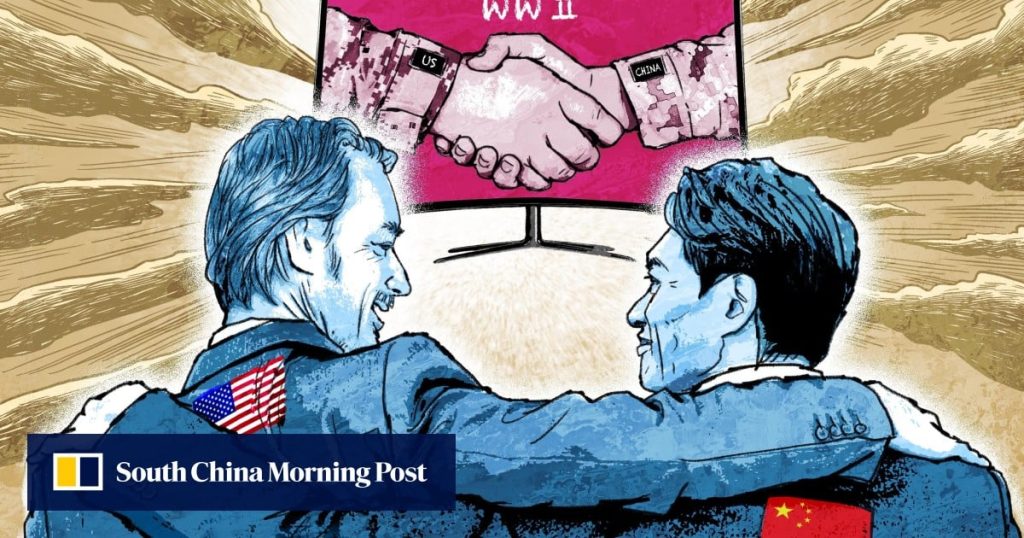Ahead of the 80th anniversary of Victory Day, marking the end of the Sino-Japanese war and the global fight against fascism, we look at the profound changes of the post-war period and how they continue to affect China’s place in the world. Part four of this series examines how the history of Sino-American cooperation has been extolled as a potential formula for better bilateral ties from the ground up.
Behind the familiar history of World War II lies a forgotten front, lined with unsung heroes in the battlefields of China whose stories have largely gone untold.
Their ranks include American volunteer pilots who fought against Japan in China’s skies, as well as drivers and mechanics from Southeast Asia – mostly of Chinese descent but also Malaysian, Indonesian, Indian and Burmese – who helped to build airports and transported huge amounts of war materials to China.
There were also villagers in eastern China who sought to keep American airmen safe and risked their lives amid heavy bombing by the Japanese army.
On the 80th anniversary of its WWII victory, China is expected to draw on this history of wartime solidarity to promote people-to-people exchange, a high priority on Beijing’s agenda, to shape improved foreign relations for future generations.
Fifty representatives or surviving family members of those who contributed to China’s efforts in World War II have been invited to attend the commemoration, according to China’s Ministry of Foreign Affairs, including from Russia, the United States, Britain, France and Canada.


